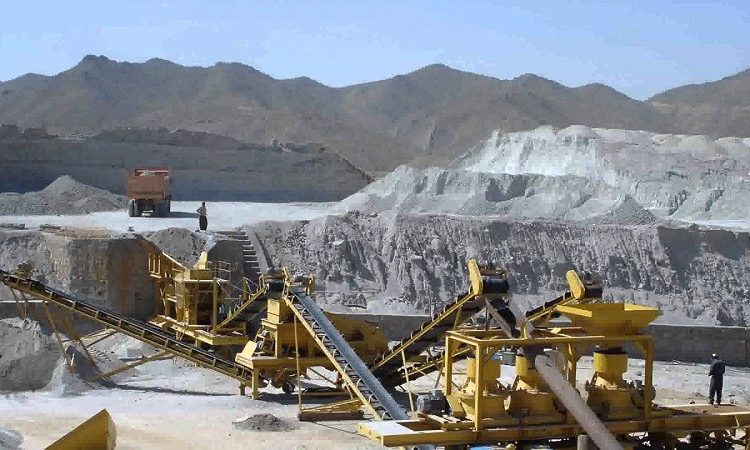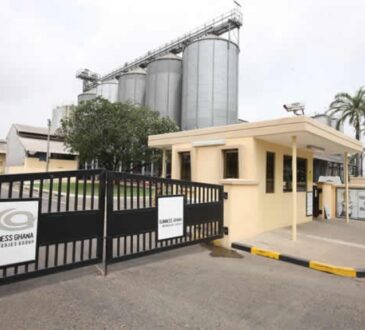Manganese production expected to inch up to 5m tonnes this year…despite decline in mining ore

By Eugene Davis
The Ghana Manganese Company (GMC) plans to ramp up production from 3.2million tonnes to 5million tonnes in 2023, the 2022 Ghana Chamber of Mines Report has disclosed.
The output of the sole producer of manganese, GMC reduced 4 percent year-on-year. The decrease in production from 3.3million tonnes in 2021 to 3.2million tonnes in 2022, representing negative 5 percent in total production, and was primarily due to a decline in the quantum of ore mined and processed, the report revealed.
According to the report, the production of manganese and bauxite in 2022 declined relative to their respective outturns in 2021. The output of manganese fell from 3.3million tonnes in 2021 to 3.2million in 2022 whereas the production of bauxite reduced from 0.839 million tonnes in 2021 to 0.773million tonnes in 2022.
The report further explains that in the case of GMC, the 5 percent downturn in production was due to the reduction in the volume of ore mined and processed. Likewise, the 8 percent downturn in bauxite produced by Ghana Bauxite Company was triggered by operational challenges.
Consolidated Minerals, better known as Consmin, a subsidiary of Ningxia Tianyuan Manganese Industry (TMI), is one of the four largest producers of manganese in the world by volume and holds a 90 percent stake in Ghana Manganese Company, which runs the Nsuta mine. Manganese ore from the operation was traditionally destined for the electrolytic manganese metal market, much of it as captive supply for TMI’s China-based operations.
GMC owns and operates the Nsuta manganese mine in the western region of Ghana. GMC holds a mining concession for manganese over an area of 175 square kilometres in and around Nsuta in the Western Region of Ghana, less than 3% of which has been mined to date. GMC ore is one of the highest manganese-to-iron ratio ores in the market (Mn:Fe ~31) and is low in phosphorous, alumina and other heavy metal impurities, making it well-suited for both alloy and manganese metal production.
Manganese is an important metal for steel production. Prices soared in the first half of the year after a sharp decline in supply brought on by Russia’s war in Ukraine, challenging weather. Slowing demand in China, typically a hotbed for infrastructure projects, put the brakes on manganese prices in the second half of the year.
Looking forward, analysts expect increasing infrastructure activity and demand for steel to boost the manganese market in 2023 and beyond. The metal is strongly dependent on demand from China, which requires large amounts of electrolytic manganese to produce steel for construction. Interest in battery applications for manganese could also be a positive force moving into the future as the green energy transition progresses.
GMC in 2019 were expected to be made to stop operating following an order by government to cease operations due to non-payment of taxes as well as price and production manipulation between 2010 and 2017.
Among other things, the shutdown was also as a result of the company’s failure to comply but rather circumvent the local content policy at the expense of local contractors which are owed millions of Cedis.
However, government reversed its decision following meetings with the company and some stakeholders.







